The Victorians
A popular unit of study in Key Stage 2 has in the past been the Victorians. It is possible to continue to study the Victorians through either a local study or through a unit of study beyond 1066, although the emphasis now shifts to the Victorians representing a turning point. Given that so much reform and industrial change took place during this period, turning points are not difficult to find. In this section, you will find articles and resources to help you to plan to teach the Victorian period as a turning point.
Sort by:
Date (Newest first) | Title A-Z
Show:
All |
Articles |
Podcasts |
Multipage Articles
-

Planning a Victorian School Day
ArticleClick to view -
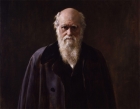
Podcast Series: Charles Darwin
Multipage ArticleClick to view -

Poverty in Britain: A development study for Key Stage 2
ArticleClick to view -

Queen Victoria as a Politician
ArticleClick to view -

Queen Victoria's visit to Wolverhampton, November 30 1866
ArticleClick to view -

Reading, recovering and re-visioning Victorian Women
ArticleClick to view -

Resources for courses: ideas for your history curriculum
ArticleClick to view -
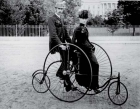
Riding along on my pushbike… exploring transport in EYFS
ArticleClick to view -

Scheme of Work: Thematic study - Education
ArticleClick to view -

Scheme of work: George Stephenson and the development of railways
ArticleClick to view -

Scheme of work: Significant historical events, people and places in their own locality
ArticleClick to view -

Significant Individuals: Charles Darwin
ArticleClick to view -

Sporting legacy: the history of endeavour
ArticleClick to view -

Stories to extend and support the study of life in Victorian Times
ArticleClick to view -
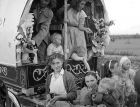
Teaching Gypsy, Roma and Traveller history
ArticleClick to view -
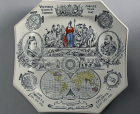
Teaching the British Empire in primary history
ArticleClick to view -

The Great Exhibition
ArticleClick to view -

The Great Exhibition of 1851: teaching a significant event at Key Stage 1
ArticleClick to view -
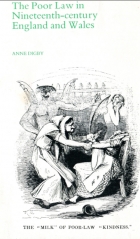
The Poor Law in Nineteenth-century England and Wales
ArticleClick to view -
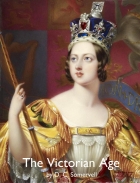
The Victorian Age
ArticleClick to view

